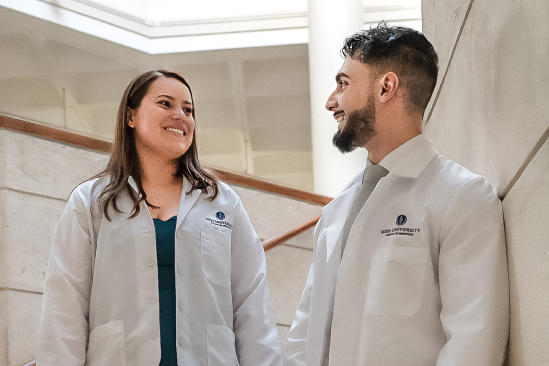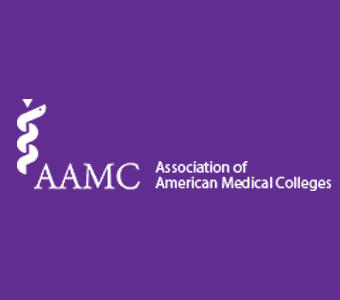MCAT Prep Resources
AAMC Test Prep
Prepare for the MCAT with official test prep resources written by the test developers at the Association of American Medical Colleges.
Khan Academy
Test yourself with MCAT practice questions developed by the Khan Academy and reviewed by the AAMC.
Kaplan’s QBank
Make your study your own with Kaplan’s adaptive QBank. Raise your score with quizzes created by you, interactive 3D images, and detailed score reports.






